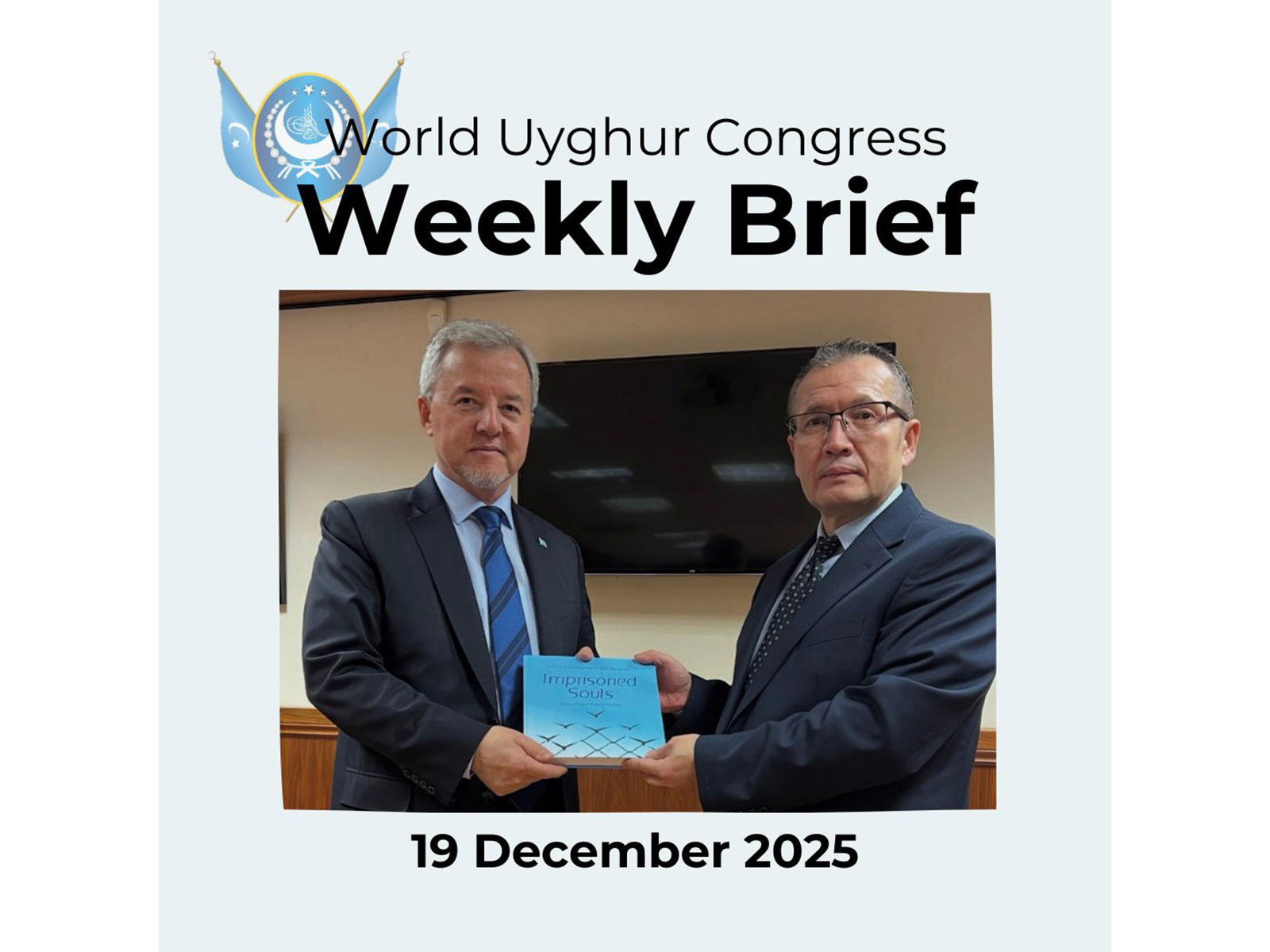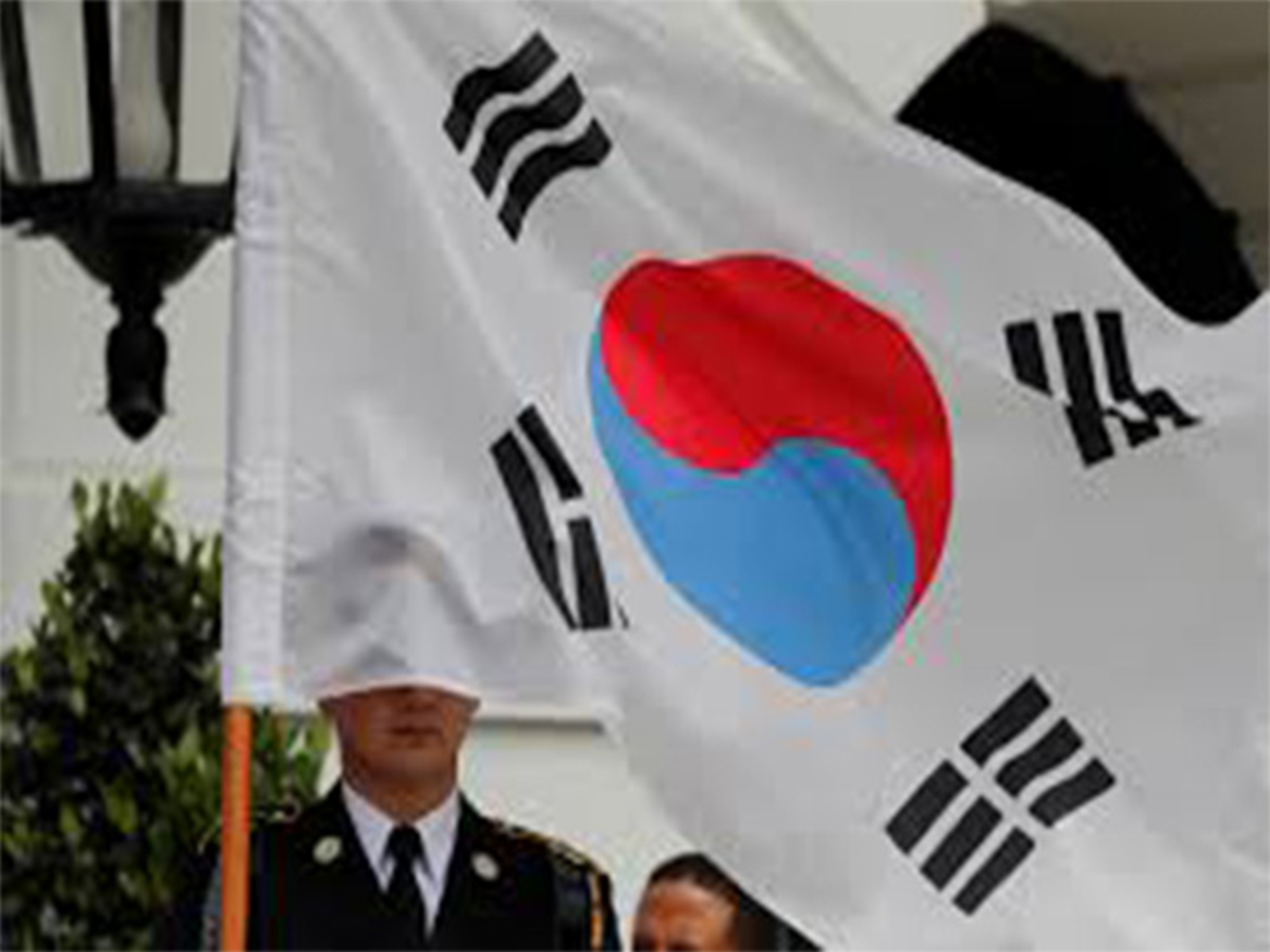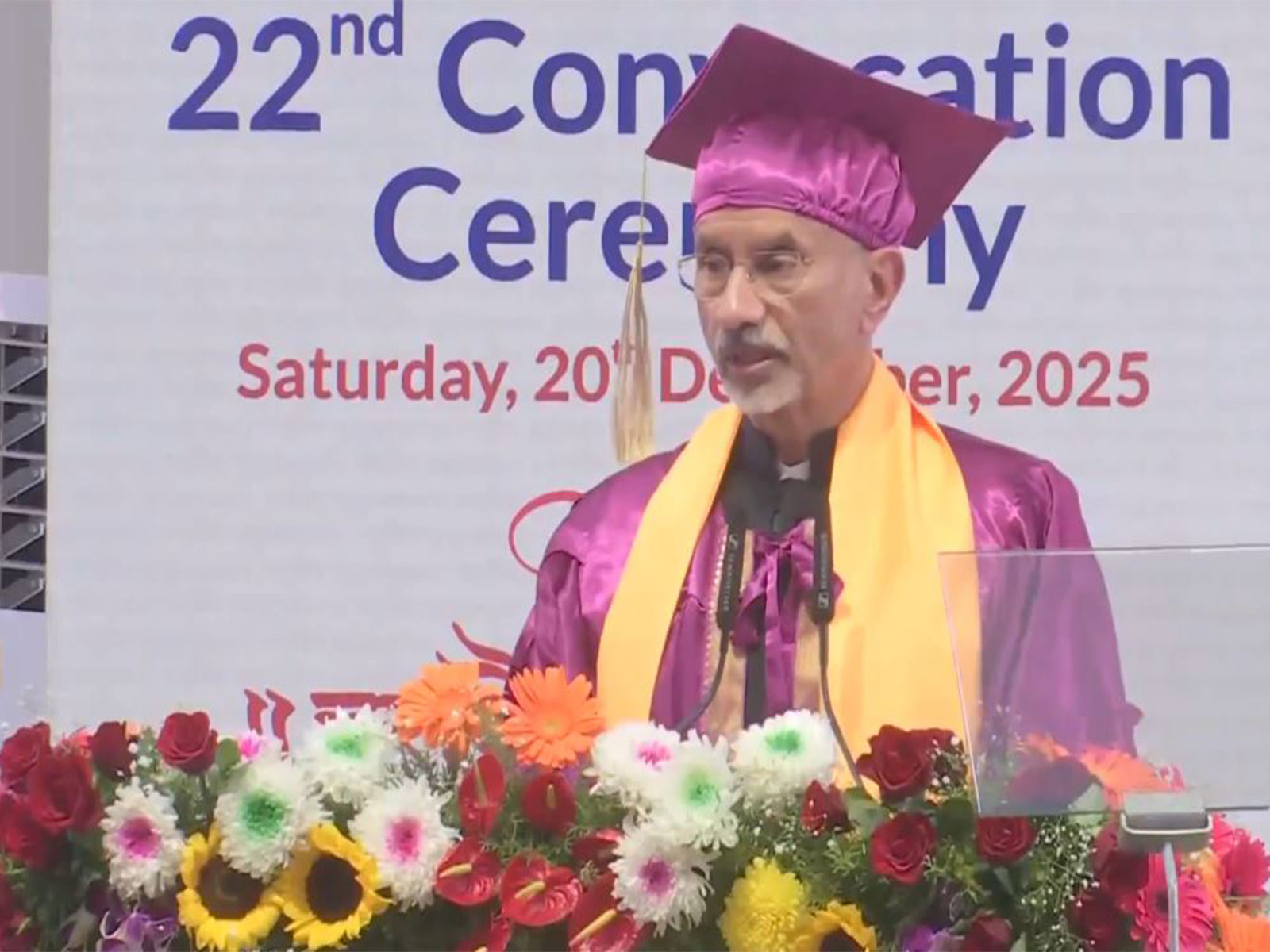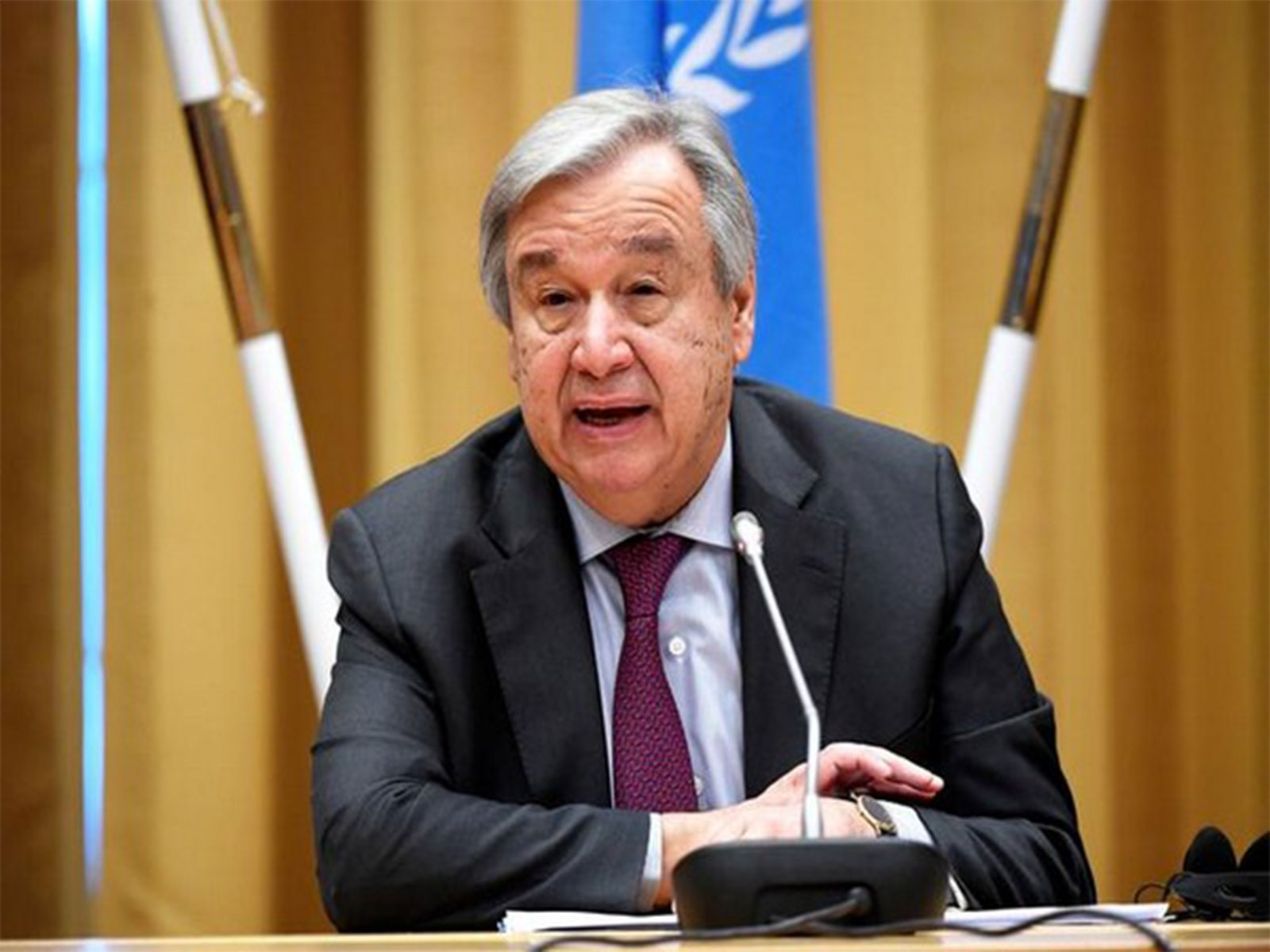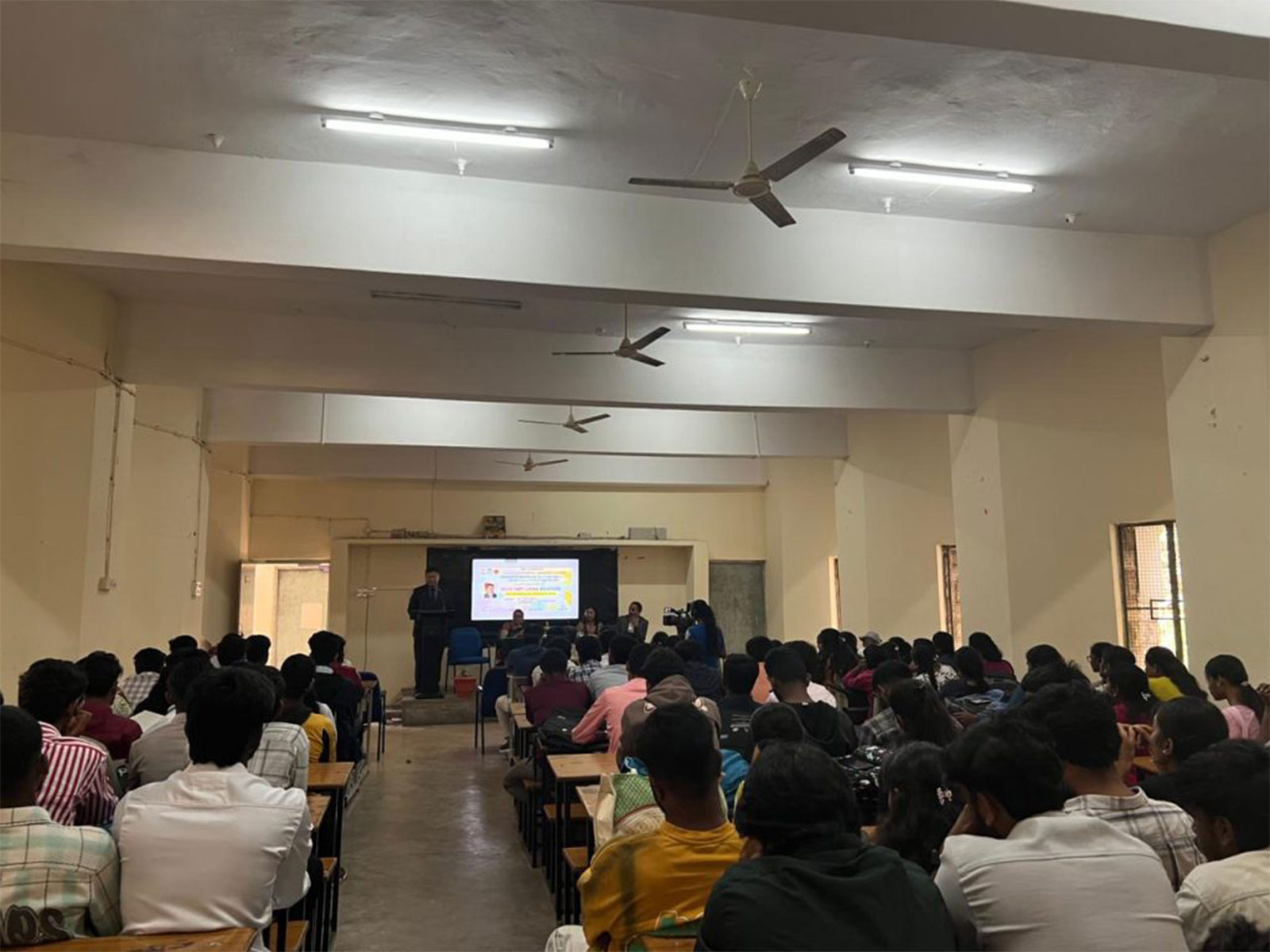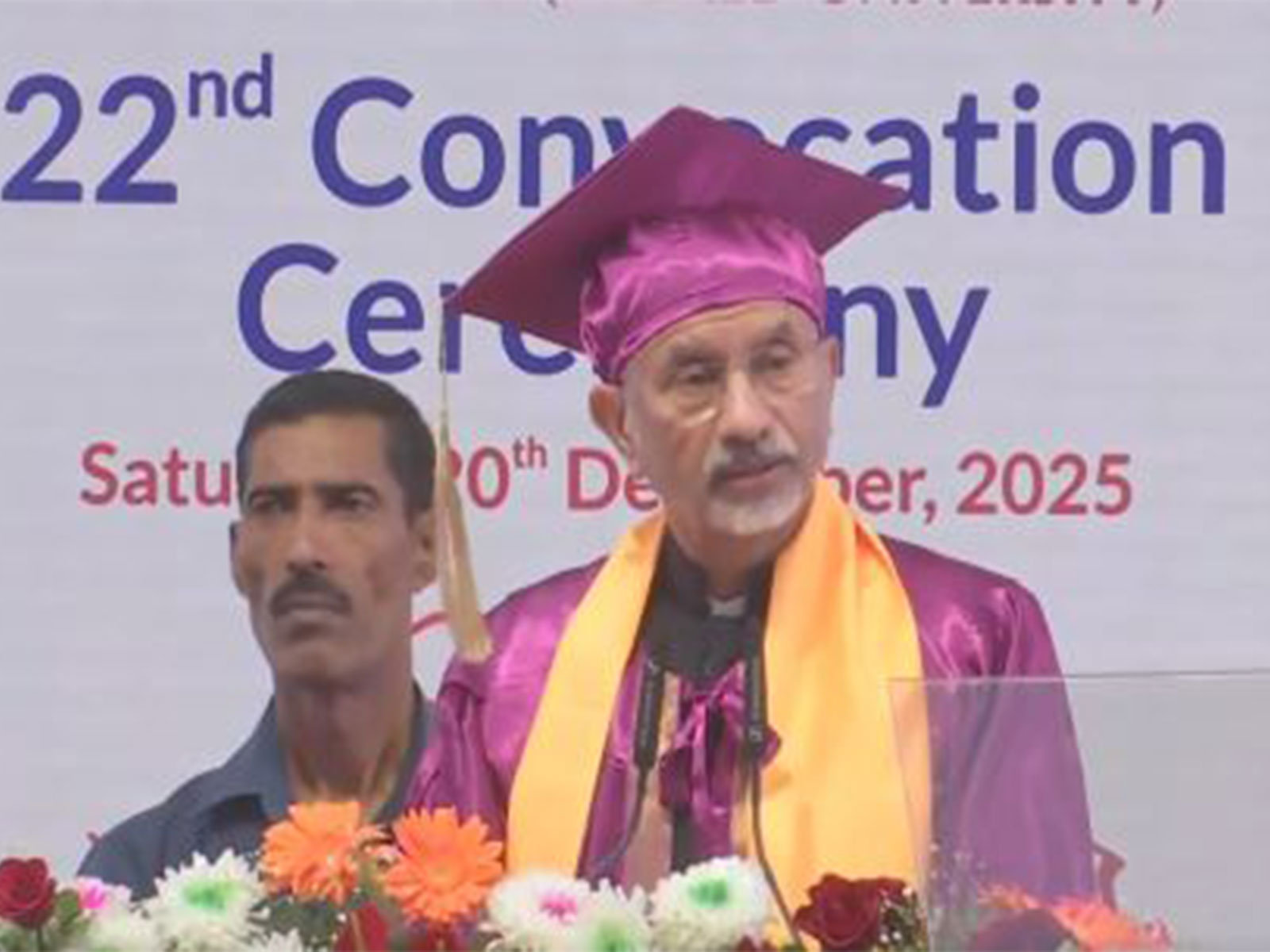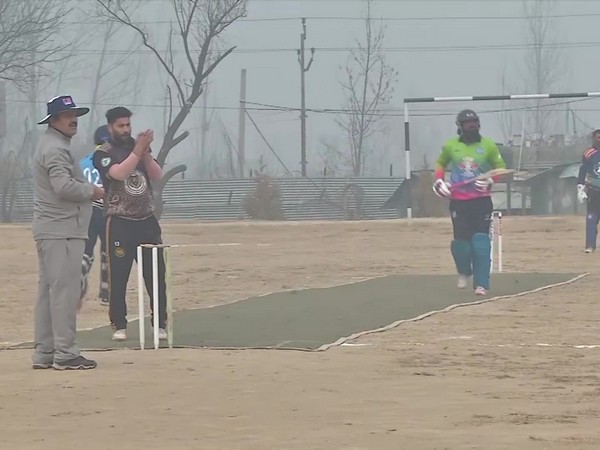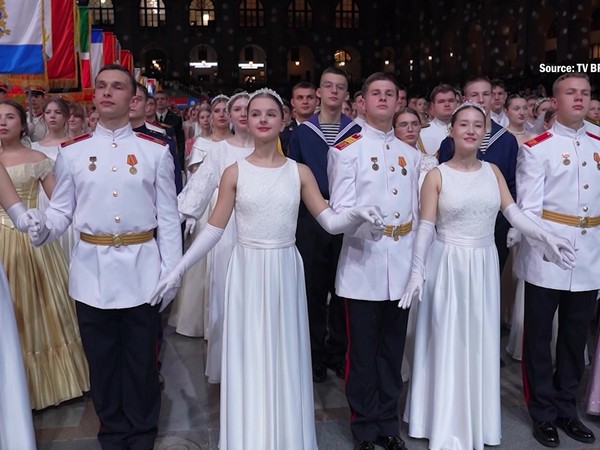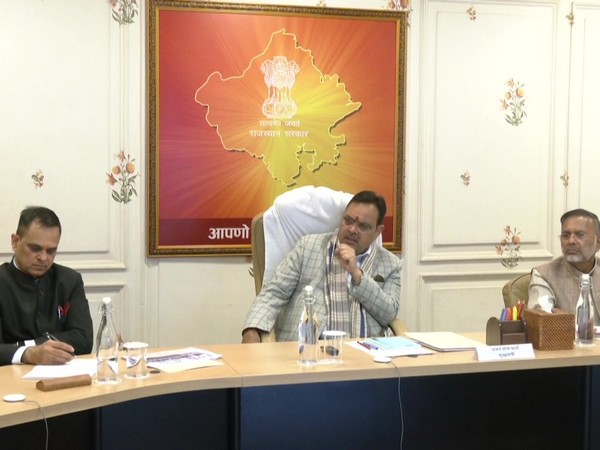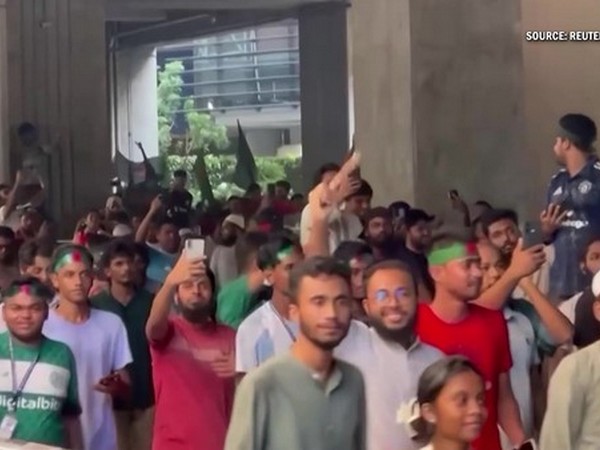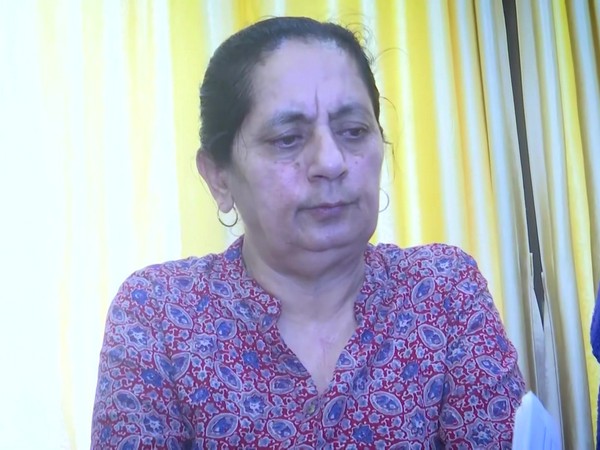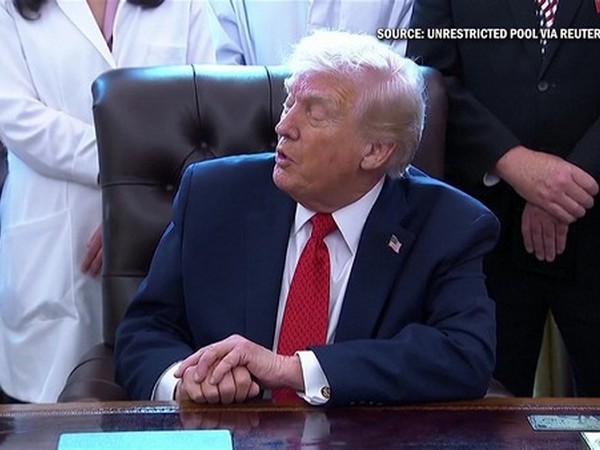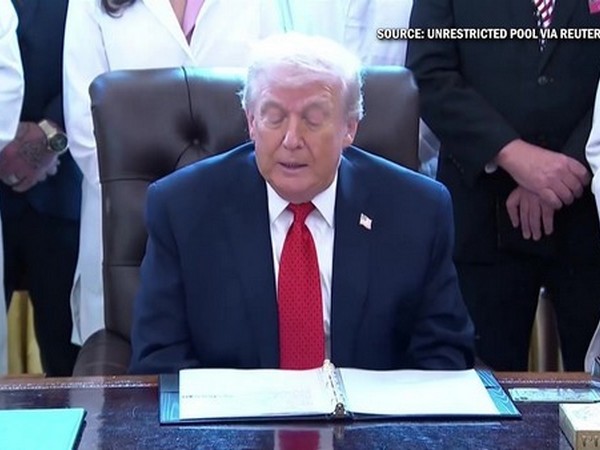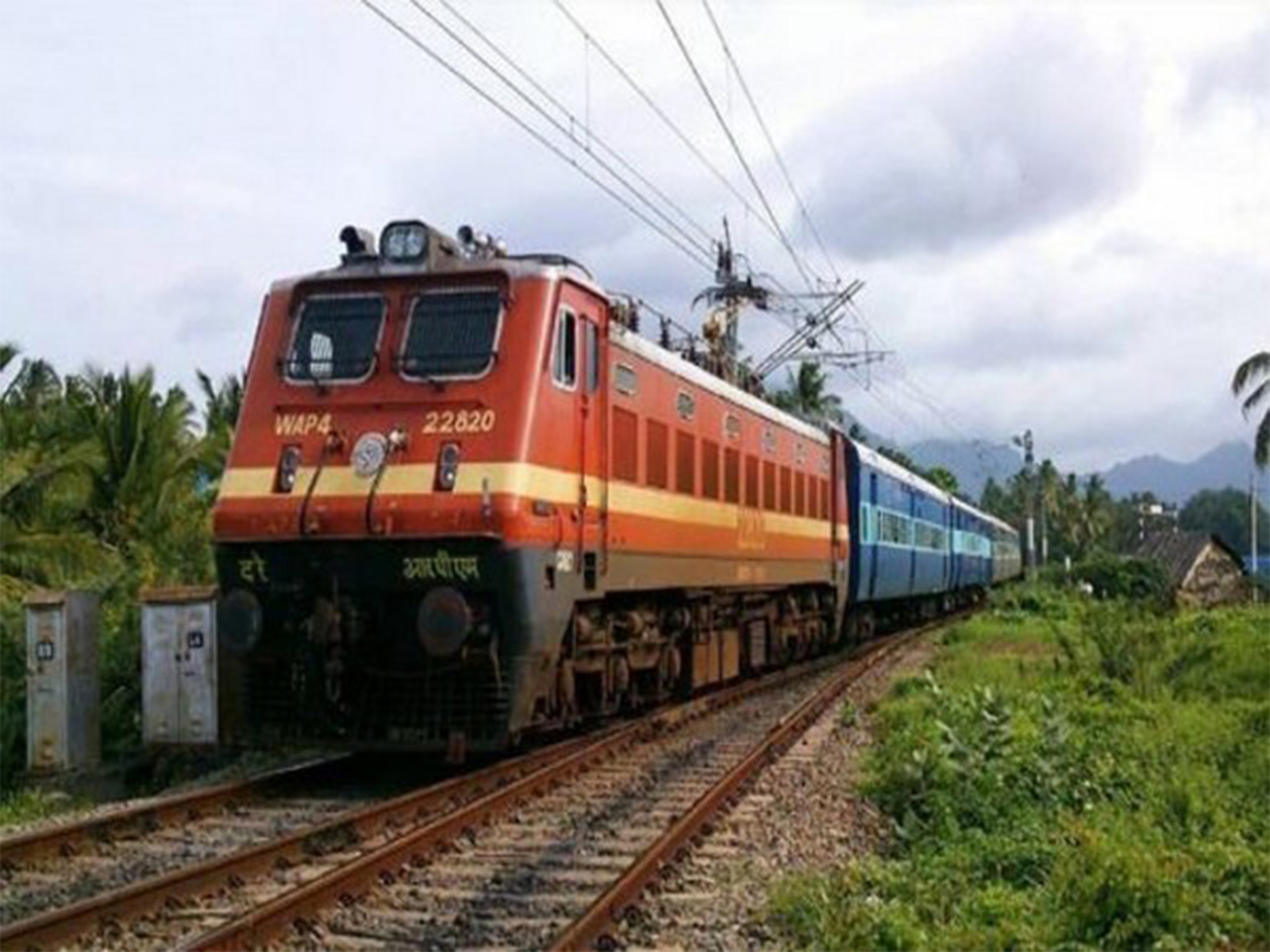
Chinese fishing boats used North Korean crews in violation of UN sanctions: Report
Feb 25, 2025
London [UK], February 25 : A group of Chinese tuna fishing vessels operating in the Indian Ocean reportedly used North Koreans as crew between 2019 and 2024, in violation of UN sanctions, according to a new report.
London-based group the Environmental Justice Foundation (EJF) in its new investigation has said that many people were subjected to abuses including being trapped at sea for years on Chinese vessels involved in illegal fishing and the killing of dolphins.
The UK group, which specialises in environmental and human rights issues said that it based its report on interviews with 19 Indonesians and Filipinos who worked alongside them.
"These interviews, alongside additional intelligence gained through open sources and multimedia evidence provided by crew, indicate that North Korean citizens were working on board these longliners," it said.
China is a key destination for North Korean labour, with the country believed to host as many as 100,000 North Korean workers, as per the United States State Department.
The EFJ report alleged that the captains of at least 12 Chinese-flagged tuna longliners operating in the southwest Indian Ocean actively attempted to hide the fact that North Koreans were on board - either by concealing them at ports or transferring them to sister vessels while at sea.
"The evidence suggests that many of the North Koreans were working on board the fleet of vessels for years - in some instances potentially as long as a decade - without returning to North Korea, and in some instances without returning to land," it said.
The EFJ report cites testimony from a crew member of one of the Chinese vessels which suggests that the North Koreans were not allowed to travel to port and may have been on the vessel without going to land for as long as eight years. He stated that before going into port, the North Koreans would be transferred to other Chinese vessels. The crew member refers to the UN, potentially showing he was aware of sanctions against the use of North Korean labour.
The rights group report cited unidentified Asian crew members as saying their North Korean shipmates were not allowed to use mobile phones or leave vessels during port visits.
The report findings conclude that five of the vessels highlighted in the EFJ report have been accused of various infractions including shark finning, as well as other indicators of forced labour such as deception related to wages, withholding documents, and physical and verbal abuse.
According to the United Nations, people in the Democratic People's Republic of Korea are controlled and exploited through an extensive and multi-layered system of forced labour. The system is directed towards interests of the State rather than the people. Forced labour provides a source of free labour for the State, and acts as a means for the State to control, monitor and indoctrinate the population.
Investigations have identified the use of North Koreans in Chinese seafood processing plants, from which products were then sold to the EU and the United States.
The recent report by the EFJ focuses on Chinese fishing vessels operating in the Southwest Indian Ocean- identified 177 suspected or confirmed offences of illegal, unreported and unregulated (IUU) fishing or human rights abuses (67 of which related to IUU fishing, 18 human rights abuses and 92 both) on 71 vessels operating in the region between 2017 and 2023.
It also summarises the alleged IUU fishing and human rights abuses associated with these vessels, and the broader Chinese longline fleet operating in the Southwest Indian Ocean, before presenting suspected supply chain links to the European Union, the Unied Kingdom and key markets in Asia.
North Korea remains one of only seven UN member states that has not joined the International Labour Organization.
According to the 2017 UN Security Council resolutions member states are not to issue work to North Koreans and repatriate all remaining North Korean workers from their territories by the end of 2019.
The sanctions were adopted after North Korea conducted nuclear and long-range missile tests in violation of earlier council resolutions.
